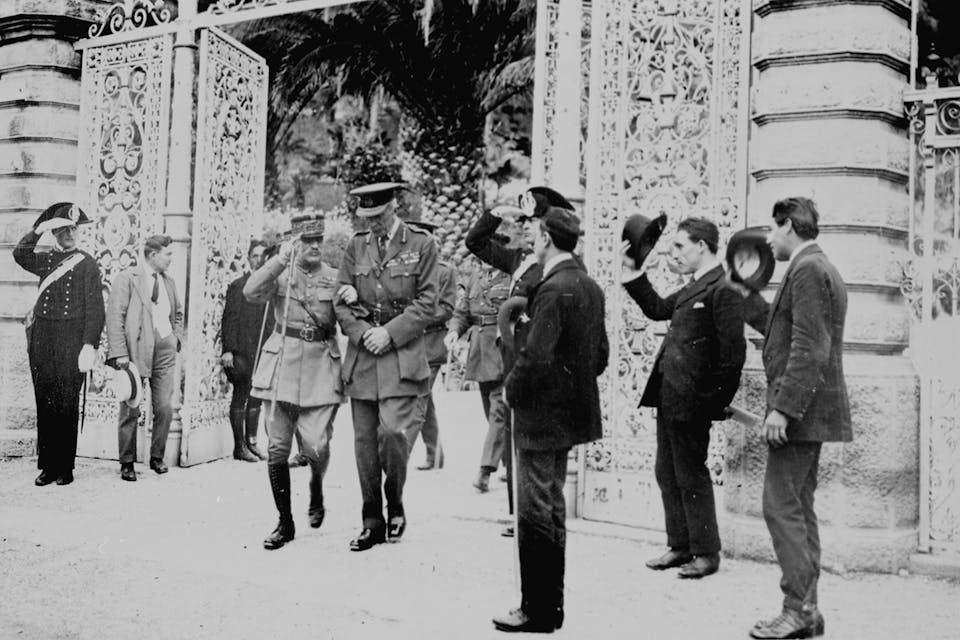
February 15, 2021
The Significance of San Remo
Eugene Kontorovich thinks that the 1920 San Remo conference sits at the foundation of Israel's legitimacy. Martin Kramer disagrees. Who's right?
In December 2020, the historian and regular Mosaic contributor Martin Kramer asked whether those recently celebrating the 100th anniversary of the 1920 San Remo Conference were justified in seeing it as a cornerstone of Israeli sovereignty. In particular, he found that the historical case for San Remo’s importance was overstated, even as he sympathized with the celebrants’ impulse to strengthen Israel’s legitimacy. Below, we present an exchange between Eugene Kontorovich—another Mosaic contributor and a frequent commentator on international law as it applies to Israel—who writes to dispute Kramer’s argument, and a last word in response from Kramer himself. —The Editors
Eugene Kontorovich: The San Remo Treaty Sits at the Foundation of Israel’s Legitimacy in International Law
This spring, I was among those arguing that the centennial of the San Remo conference—where the League of Nations assigned the mandate for Palestine to Great Britain—should be celebrated as a milestone in Israel’s pre-history, and remembered alongside the more widely-known Balfour Declaration and the UN General Assembly’s stillborn 1947 partition proposal. Martin Kramer recently criticized this stance, contending that the conference did little to advance the Zionist project of establishing a sovereign state in the Land of Israel. As he mentions with particular disapproval my suggestion that a street in Jerusalem currently named in honor of the UN resolution should be redubbed to commemorate San Remo, I thought I’d respond. At stake is more than street signs and civic commemorations festivals. Such engagements with the past, along with the work of careful scholars like Kramer himself, together amount to the reconstruction of Zionism’s legal and political history.